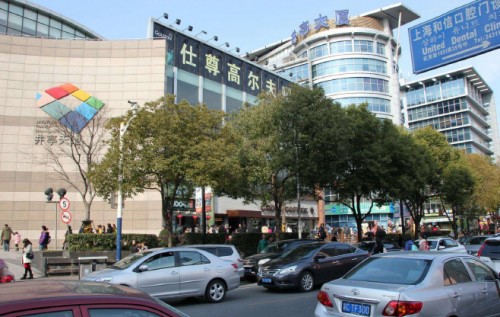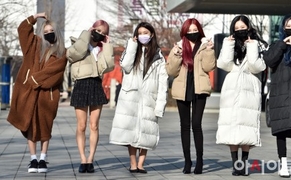By Hong Soon-do, Beijing correspondent, AsiaToday
Under normal circumstances, the Korean society in China should be in a festive mood as Seoul and Beijing celebrate the 25th anniversary of their diplomatic relations Friday. It's because the relationship between South Korea and China had been at its best until not so long ago with significant achievements. However, the sad truth is that this is not the case anymore. In fact, the Korean community is collapsing. It's all because of the Terminal High-Altitude Area Defense (THAAD)system conflict.
You will immediately sense the atmosphere in the Korean communities in China. Let's turn our eyes to Wangjing, the famous Koreatown located in Beijing. Park Jae-young, a high-ranking official of the Korean Association in China, said on Aug. 21 that the area had been one of the hottest spots of Beijing that brilliantly illuminated at night until the beginning of last year. Many Koreans and Chinese as well as foreigners interested in Korean culture would come to visit. But now, the once glorious time is completely out of sight due to China's boycott of South Korean products and services after the nation decided to deploy the missile defense system THAAD. Ohn Dae-sung, who runs Korean fusion restaurant Wara Wara chain, said, "Until the beginning of last year, I was full of hope because the business went much better than I thought. But after the THAAD crisis, sales gradually began to fall, and now it's only 60 to 70 percent of the glorious time." N, a well-known mart chain that once had more Chinese customers than Koreans, was directly hit by THAAD. Since the second half of last year, the number of customers started to decrease steadily, and it's almost half now.
 |
| Shanghai's Koreatown on Hongquan Lu, Shanghai. It's not in the party mood to celebrate the 25th anniversary of Sino-South Korean diplomatic relations./ Source: search engine Baidu |
The situation is not so different in other Koreatowns, including Hongquan Lu in Shanghai and Xita in Liaoning province. "The anger of Chinese over the THAAD is scary enough to bring blind patriotism. It's not easy to do business in China now," said Yang Young-bin, who runs an equity-related business in Shanghai.
The THAAD has not only left a huge blow for individual business operators. Like Lotte Mart, most of Korean companies are having a tough time in China. The fact that the number of expatriates of Korean companies are noticeably reducing throughout China reflects this reality. Obviously, the Korean society in China is shrinking. Once, there was a saying that the number of Korean residents would exceed 1 million, but now the convincing claim is that there would be less than 100,000 Korean residents in China.
No matter how tough the situation is now, however, it's difficult for individuals or companies to give up the Chinese market. Given the geographical location, cultural identity, and low labor costs, China is still an attractive market. Moreover, considering know-how accumulated in the meantime, the so-called "China exodus" seems to be a great national loss. Therefore, the best move for the post-THAAD period would be to prepare for the market with a new approach while waiting for the THAAD crisis to be solved. That way, both Korea and China could be close forever.
#Seoul-Beijing #diplomatic ties #25th anniversary #trade #China
Copyright by Asiatoday
Most Read
-
1
-
2
-
3
-
4
-
5
-
6
-
7





















